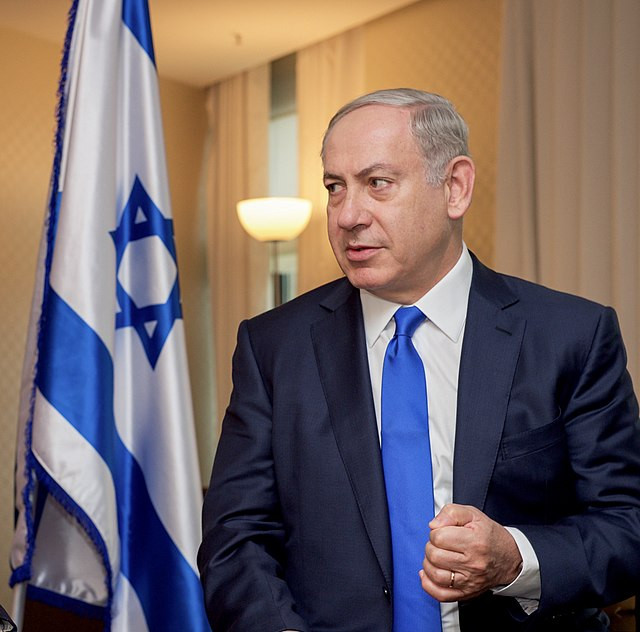Israel has announced the closure of its embassy in Ireland, accusing the Irish government of fostering "extreme anti-Israel policies" and taking actions that cross "all red lines" in their bilateral relationship. The decision, confirmed by Israeli Foreign Minister Gideon Sa'ar, marks a significant escalation in the strained ties between the two nations, which have clashed over issues related to Palestine and international law.
"The antisemitic actions and rhetoric that Ireland is taking against Israel are based on delegitimization and demonization of the Jewish state and on double standards," Sa'ar said in a statement. He specifically cited Ireland's decision to recognize a Palestinian state and its support for South Africa's legal action against Israel at the International Court of Justice (ICJ) as reasons for the diplomatic break.
The closure follows Ireland's announcement in May to formally recognize the State of Palestine and its recent decision to join a case at the ICJ accusing Israel of genocide. Dublin's support for the ICJ petition, which seeks to expand the legal definition of genocide to include the actions of states like Israel, has intensified the diplomatic fallout. Israeli officials have pointed out that similar measures have not been taken against other nations involved in the ICJ case, including Spain and Mexico.
In response to the announcement, Irish Prime Minister Simon Harris called Israel's decision "deeply regrettable" and rejected the accusation that Ireland is anti-Israel. "Ireland is pro-peace, pro-human rights, and pro-international law," Harris wrote on X, formerly Twitter. He reiterated Ireland's commitment to a two-state solution, emphasizing that his government seeks peace and security for both Israelis and Palestinians.
The tensions between the two countries are not new. Ireland has long been an outspoken critic of Israeli policies in the occupied Palestinian territories, and relations deteriorated further in November when Harris warned that Irish authorities would detain Israeli Prime Minister Benjamin Netanyahu if he traveled to Ireland, citing an arrest warrant issued by the International Criminal Court (ICC). The ICC has charged Netanyahu and former Israeli Defense Minister Yoav Gallant with war crimes, including the starvation of civilians and crimes against humanity.
Yair Lapid, Israel's opposition leader, criticized the embassy closure, calling it a "victory for anti-Semitism and anti-Israel organizations." He argued, "The way to deal with criticism is not to run away, but to stay and fight." Sa'ar shot back at Lapid on social media, accusing him of undermining Israel's stance against what he described as clear anti-Semitism.
Israel's decision to close its embassy in Dublin also reflects a broader strategic shift in its diplomatic priorities. Sa'ar announced plans to open an embassy in Moldova, signaling a preference to strengthen ties with nations more aligned with Israel's interests. "Israel will invest its resources in promoting bilateral relations with the countries of the world according to priorities that are also derived from the attitude of the various countries towards it," Sa'ar said.
The closure of the embassy coincides with escalating violence in Gaza. Israeli airstrikes over the weekend targeted several locations, including schools and homes sheltering displaced people, according to Palestinian health officials. Reports indicate that at least 44,000 Palestinians have died since the onset of the conflict with Hamas in October last year. Ireland's foreign minister, Micheál Martin, has accused Israel of engaging in collective punishment and urged the ICJ to adopt a broader interpretation of genocide to protect civilian lives.
Critics argue that Israel's actions in Gaza and its diplomatic withdrawal from Ireland are part of a broader strategy to avoid accountability on the international stage. However, supporters of the embassy closure see it as a necessary step to counter what they perceive as biased and unjust treatment of Israel in global forums.




